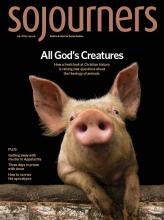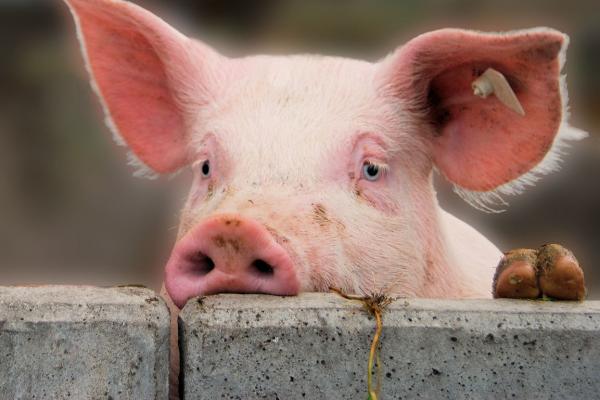AT THE HEIGHT of the culture wars in the 1980s, Cardinal Joseph Bernardin of Chicago gave a lecture at Fordham University on something he called “the consistent ethic of life.” Fortunately for those of us captured by this vision, a New York Times reporter happened to be in the audience. The next day’s headline read: “Bernardin Asks Catholics to Fight Both Nuclear Arms and Abortion.”
It got a lot of people talking. Then, as now, it was an incredibly countercultural message that disrupted the liberal/conservative binary of secular political imagination. But Bernardin’s views, though novel in a U.S. context, were articulating the principles of an ancient faith: consistent nonviolent protection and support for life in every circumstance. Within the politics of U.S. culture wars, this means refusing to make distinctions between a child dying of a treatable disease and a child killed by abortion. Instead, we insist that Christ is always with the least among us and that we must let these little children come to him. Every last one.
The most famous animal-lover
As a Catholic professor of ethics, I’ve spent most of my career thinking about what this consistent protection of life means for bioethics. As a result of my research, I’ve come to believe that the “bio” in bioethics must include how we treat the lives of animals. Or as I prefer to say: how we human animals should protect and care for nonhuman animals. After all, humans are animals too.
I’m not the only one who’s arrived at this conclusion: In his 2015 encyclical, Laudato Si’, Pope Francis appealed to a consistent life ethic to underline the urgency of addressing the global climate crisis, which threatens the lives of so many. As you might expect from a pope who named himself after the most famous animal-lover in the church, Pope Francis explicitly included nonhuman animals as intrinsically valuable parts of God’s creation in need of protection and care. “It is not enough,” he says, “to think of different species merely as potential ‘resources’ to be exploited, while overlooking the fact that they have value in themselves.” Several chapters later, Pope Francis calls on Christians to “forcefully reject the notion that our being created in God’s image and given dominion over the earth justifies absolute domination over other creatures.”
Read the Full Article

